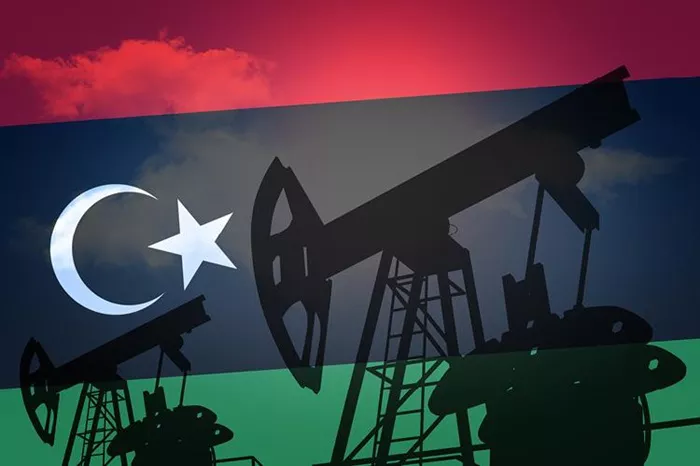Libya’s oil production has once again come to a standstill due to ongoing political conflicts, echoing the turbulent patterns observed since the fall of Muammar Gaddafi in 2011. The latest shutdown reflects the complex and multifaceted nature of the country’s current political and economic struggles.
Before Gaddafi’s removal, Libya was producing approximately 1.65 million barrels per day (bpd) of high-quality light crude oil, up from 1.4 million bpd in 2000. Despite this being a reduction from peak production levels of over 3 million bpd in the late 1960s, Libya’s National Oil Corporation (NOC) had ambitious plans to enhance oil recovery and expand production. The country still holds 48 billion barrels of proven crude oil reserves, the largest in Africa, attracting significant interest from international oil companies (IOCs).
Following Gaddafi’s ousting, Libya experienced a power vacuum, leading to conflict among various factions vying for control over the nation’s oil wealth. By 2020, two major power blocs had emerged: General Khalifa Haftar’s Libyan National Army (LNA) and the United Nations-recognized Government of National Accord (GNA). A prolonged blockade of Libya’s oil fields from January to September 2020, estimated to have cost the country $9.8 billion in lost revenues, was only resolved through an agreement that required a fair distribution of oil revenues.
In response to the blockade, an agreement was made to establish a commission to determine revenue distribution, while the NOC was tasked with finding alternative banking arrangements for oil revenues. However, these arrangements were never fully developed, leading to repeated shutdowns of Libya’s oil fields. Recent events, including the arrest of General Haftar’s son, Saddam Haftar, in August and rising tensions involving smuggling allegations and political maneuvering, have exacerbated the situation.
The latest shutdown, beginning in late August, is primarily driven by a political dispute over the removal of Central Bank of Libya Governor Sadiq al-Kabir. General Haftar and his forces oppose al-Kabir’s dismissal, while the Government of National Unity (GNU) in Tripoli supports it. This disagreement has led to a declaration of ‘force majeure’ by Haftar’s supporters, halting oil production in key fields.
As of the end of last week, Libya’s crude oil production had plummeted by over 60 percent from its July average of 1.15 million bpd. The current shutdown mirrors the extensive blockade experienced in 2020, which lasted for eight months, highlighting the ongoing instability and complexity of Libya’s political landscape.
Related topic:
What Are The Ingredients In Gasoline?

